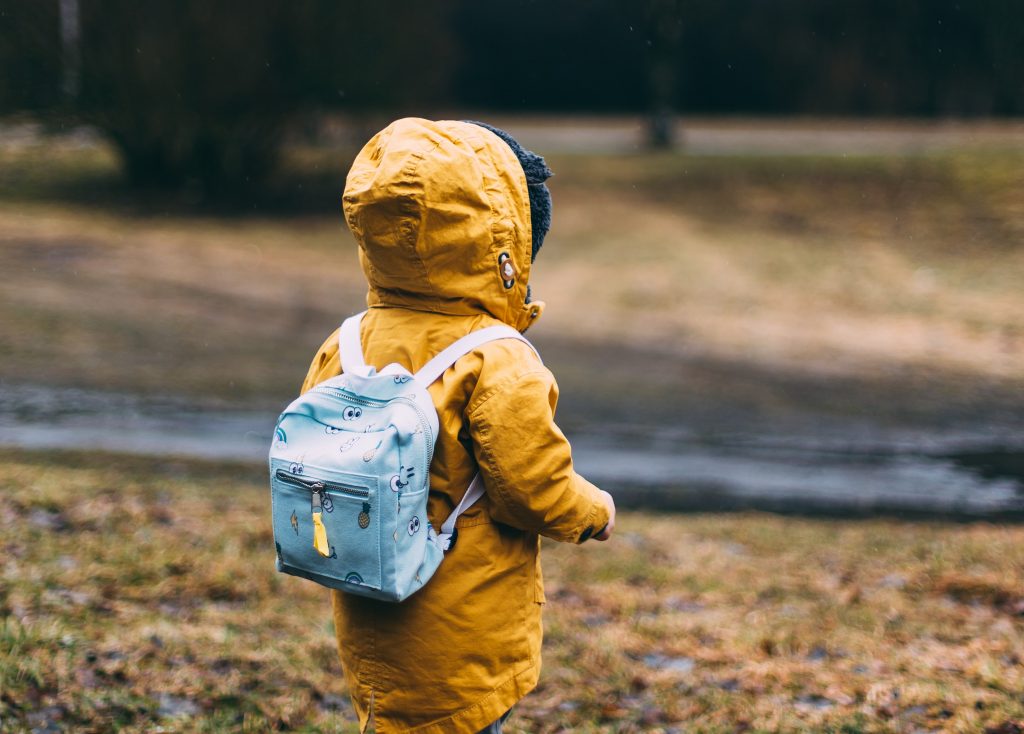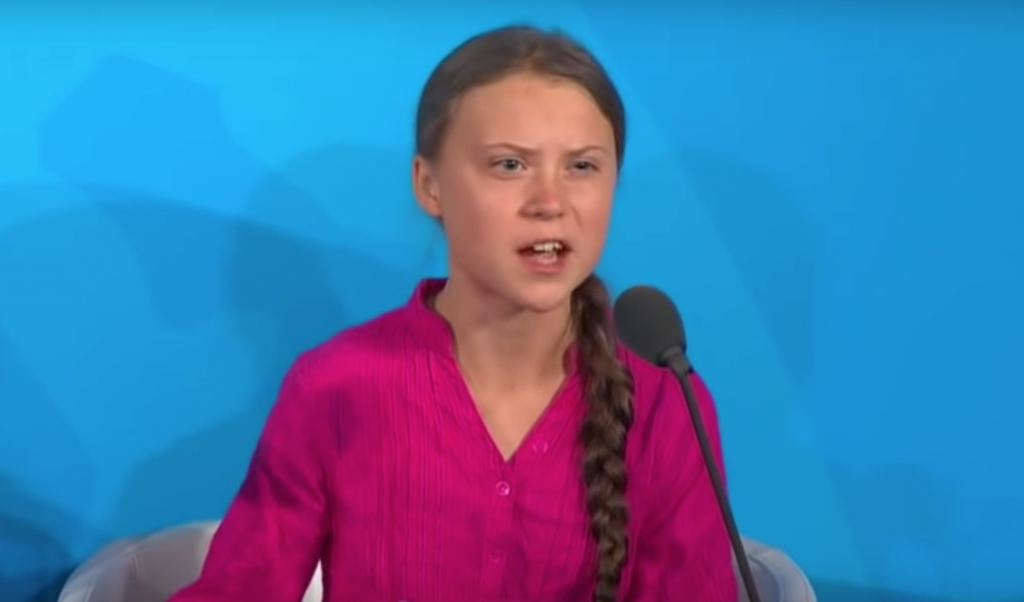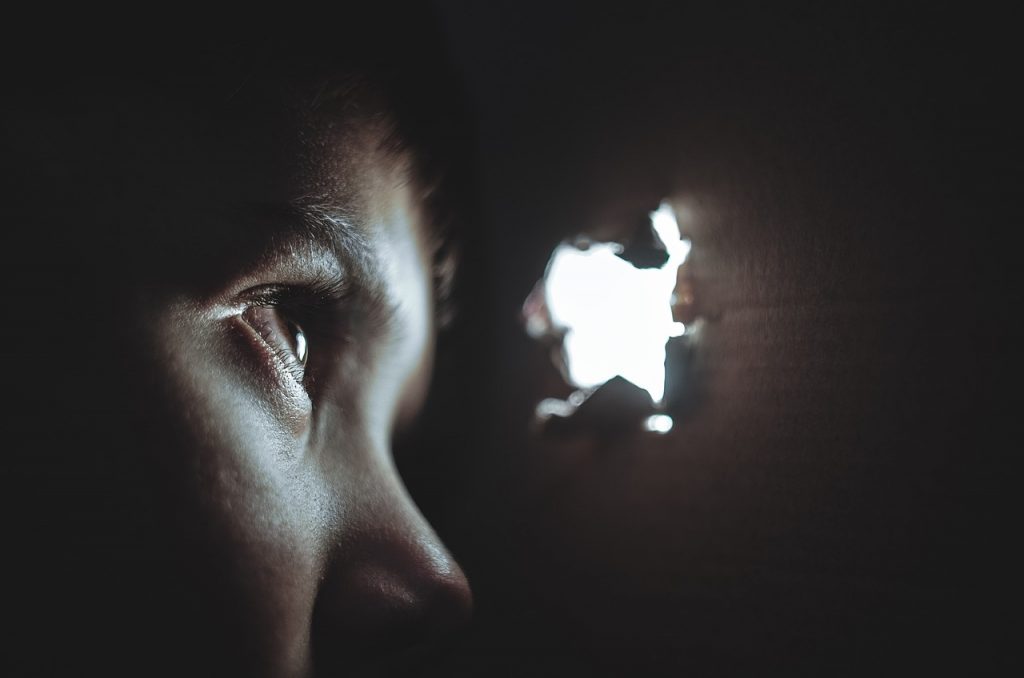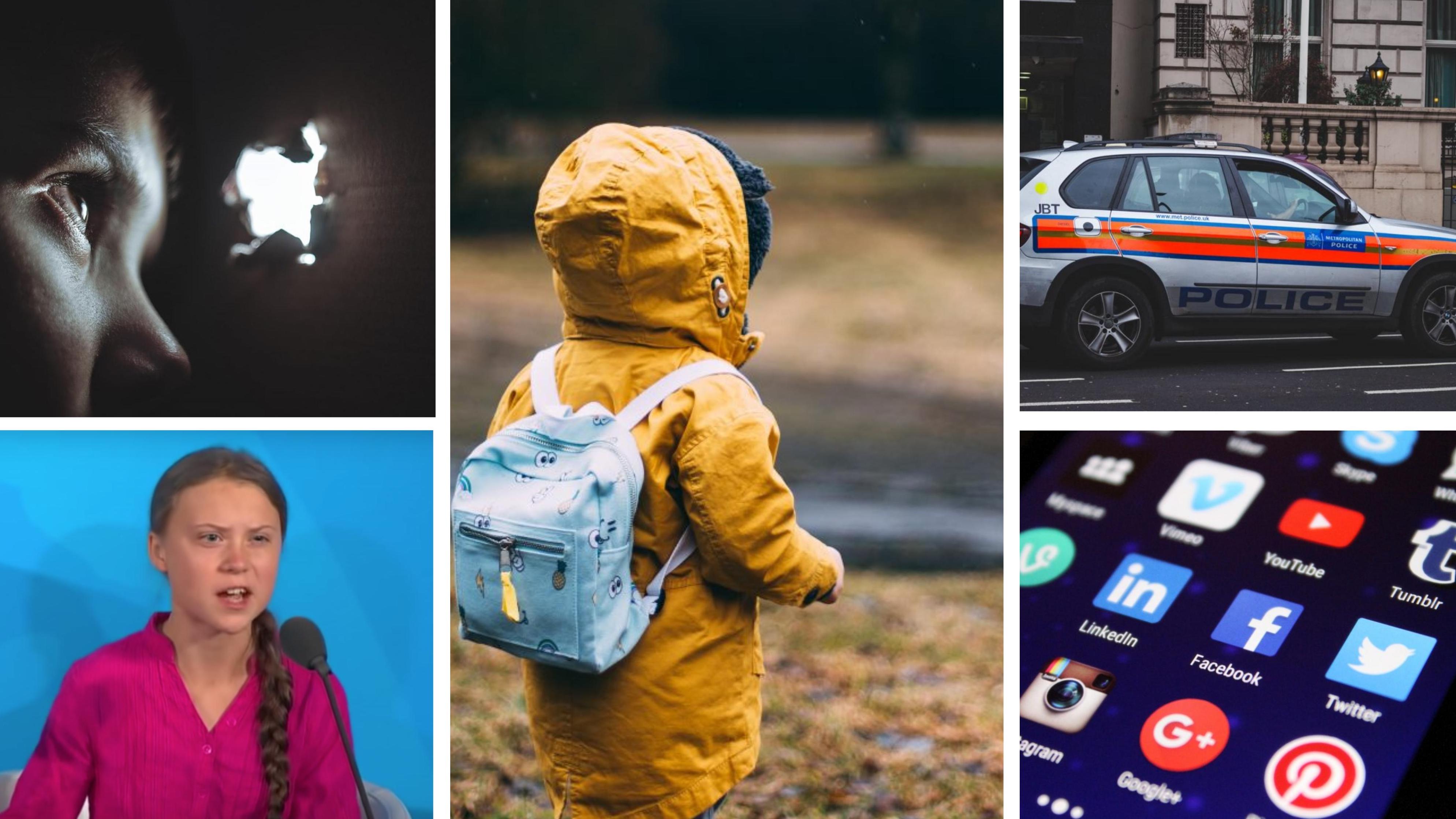Significant progress has been made in the protection of children’s rights across the UK and Europe – but we cannot be complacent. From growing child poverty to a failing youth justice system, there are a number of persistent challenges and alarming trends. Tara Beattie examines how far we have come in upholding the human rights of children, and what challenges lie ahead.
This year marks the 30th anniversary of the UN Convention on the Rights of the Child (UNCRC). Three years ago, the Council of Europe, which works to uphold human rights, democracy and the rule of law, developed a five-year strategy to advance the protection of children’s rights across its 47 member states. It found five key areas for action:
- Equal opportunities for children – are all children able to enjoy their rights equally, and free from discrimination?
- Participation of all children – can children express their views and have these taken seriously in decisions which affect them?
- A life free from violence for all children – preventing and fighting all forms of violence, no matter where it takes place.
- Child-friendly justice – if children come into contact with the law, are their rights and best interests being respected?
- Children’s rights in the digital environment – can children fully enjoy the benefits of technologies and the internet, without being put at risk of harm?
In a report published earlier this month, and supported by a major conference on 13 and 14 November, the council evaluated what improvements have been made so far, and where further work is needed.
So how does Europe, and the UK, stack up?
Too Many Children Face Poverty, Exclusion And Discrimination

Image Credit: Unsplash.
In 2017, nearly one in four children living in the EU were at risk of poverty or social exclusion. In the wake of the financial crisis, this figure has risen over the past decade in many countries. In the UK, child poverty in working families has risen by 39 percent since 2010 – to 2.9million cases – according to analysis by the Trade Union Congress.
The migrant and refugee crisis has led to thousands of unaccompanied and separated children entering Europe, with member states struggling to adapt to their needs. A report by the UN High Commissioner for Refugees (UNHCR) published last month found that age assessment disputes are having a “devastating impact” on such asylum seeker and refugee children in the UK. It found that these assessments – carried out by local authorities to determine whether a migrant or refugee is under 18, and so considered a child – can take months, or even years, to resolve. This could leave children locked out of the services, support, and education to which they are entitled.
Adults Do Not Take Children’s Views Seriously
Would you let children have a say in how their schools and governments are run? What about giving them the vote?
Children have a right to be heard and taken seriously in all decisions which affect them (Article 12, UNCRC). But they are still shut out of many important decisions which impact their lives. Adults often presume that they are too young to have opinions worth listening to.

Image Credit: United Nations / YouTube.
Happily, these assumptions are starting to be challenged, including by young, high-profile activists like Greta Thunberg. Ten years ago, Austria become the first of the Council of Europe’s member states to allow 16 and 17-year-olds to vote in all elections, with Malta becoming the second last year. Austria has found that lowering the voting age has led to greater satisfaction with democracy among young people, and that 16-17 year olds’ quality of choice (whether their vote reflects their political positions) was similar to that of older age-groups. This evidence will be all the more important when discussing a new bill in Wales, which would lower the voting age to 16 in local elections.
Children Suffer Violence In Many Forms And Settings
Perceptions of violence across Europe are changing. Traditionally, many people considered the physical discipline of children – in other words corporal punishment – acceptable. Now, nearly three-quarters of member states have banned it in all circumstances, even when carried out by parents or caregivers. The European Committee of Social Rights has found that smacking a child in any setting is a human rights violation. The UK remains part of the minority – but with Scotland introducing a full ban last month, and Wales in the middle of discussions about one, progress is being made here, too.

Image Credit: Pixabay.
What happens when children carry out violence, or display harmful sexual behaviours against other children? Up to one-third of sexually abusive acts against children are carried out by persons under 18. Meanwhile, one in seven teenagers have engaged in “sexting” (including the sharing of explicit, self-generated photos): one in four have received a “sext”. At the conference, experts considered that education on healthy relationships and sexuality was vital for preventing non-consensual and harmful sexual behaviour, something which will soon be added to the school curriculum across England.
Justice Systems Are Designed For Adults

Image Credit: Pexels.
Children might come before justice systems for a number of reasons such as familial breakdown, divorce or separation, or when they, themselves, break the law. Unfortunately, justice systems, on the whole, remain poorly adapted to children and their needs. Meanwhile, children are too frequently used as bargaining chips in parental legal disputes. With divorce rates on the rise across Europe (nearly half of marriages will end in divorce across England and Wales), high-conflict separation is an area of increasing concern for children’s welfare.
For children in conflict with the law, too many end up deprived of their liberty. At just 10 years old, children in England, Wales and Northern Ireland can be held criminally responsible for their actions: one of the lowest thresholds in Europe.
New Technologies Create New Opportunities … And Risks

Image credit: Pxhere.
There are fears over the increasing difficulties in fighting child sexual violence which is facilitated online. While new technologies, like Artificial Intelligence, might play a role in identifying both victims and perpetrators of online child sexual abuse, governments are struggling to keep up with the pace of change. For example, experts at the conference explained that increasing use of encryption – technology which “scrambles” messages so that they can only be read by the sender and receiver – would make it almost impossible for police and others to use those new technologies.
Many are concerned about how easily children can access and be exposed to age-inappropriate content online. With the UK recently shelving plans for an online-age verification system, we will have to wait for its potentially much more ambitious project under the “Online Harms” paper.
Finally, states must be careful that their use of technologies do not violate children’s – and other’s – rights to freedom of expression and privacy. There are growing concerns over protecting children’s data from being used without their, or their caregivers’, knowledge or consent: whether online, at school, or elsewhere.
Where do we go from here?
Since the UNCRC came into force, there has been a shift in how children’s rights are perceived across Europe. But many challenges, both old and new, remain in the way to children fully enjoying their rights. A good place to begin is to ensure that children are seen as full human rights-holders, and that their views – and rights – are taken seriously.







